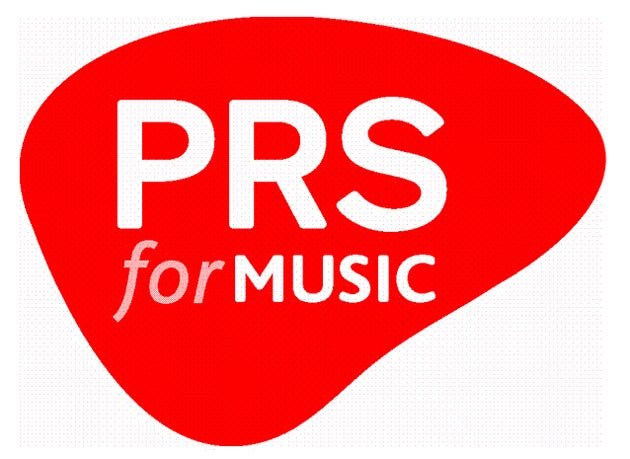Digital music sales boost royalties

Songwriters, composers and music publishers received more money in royalties last year, as the growth in digital music sales for the first time offset the decline in traditional CD and DVD formats.
PRS for Music, a not-for-profit body which ensures creators are paid whenever their music is played, performed or reproduced, reported royalty revenues of £623 million in 2009, up from £608.3 million a year earlier.
It said tougher trading conditions in the UK music market were offset by strong growth internationally and by the licensing of new digital services.
Online revenues grew £12.8 million or 72.7% to £30.4 million, outperforming the decline in traditional CDs and DVDs - off £8.7 million - for the first time.
PRS for Music chief executive Robert Ashcroft said it was still too early to say whether this represented a turning point for the industry.
He added: "The next decade does however promise further growth in earnings from the legal digital market as well as the use of British music overseas."
The growth in online revenues reflects a series of licence agreements, including MySpace Music, YouTube and iTunes. At the same time, revenues from mobile phone ringtones more than halved to £2.5 million last year.
The significant increase in revenues from British music use abroad - up 19.4% to £166.9 million - reflected exchange rate gains and increased licensing activity in new and existing territories.
Public performance revenues, including clubs, music venues and commercial premises, increased by 2.4%. Despite an estimated 39 pubs closing each week, PRS said it had seen only a small reduction in revenues from pubs as most saw music as an integral part of their business.
PRS members receive nearly 90% of the revenues collected by the organisation. It collects set lists from more than 7,000 music venues each year to ensure members are accurately paid for their performances, as well as ensuring royalties for music played on all UK TV and radio stations.
PRS said 90% of its membership earn less than £5,000 a year and depend on their royalties to remain in the music business.
Join our commenting forum
Join thought-provoking conversations, follow other Independent readers and see their replies
Comments
Bookmark popover
Removed from bookmarks